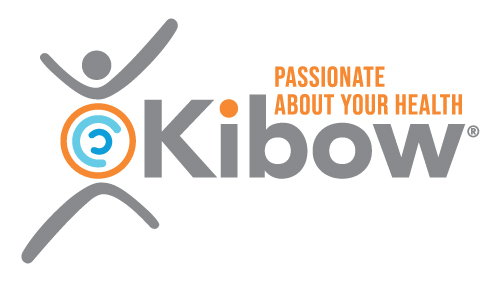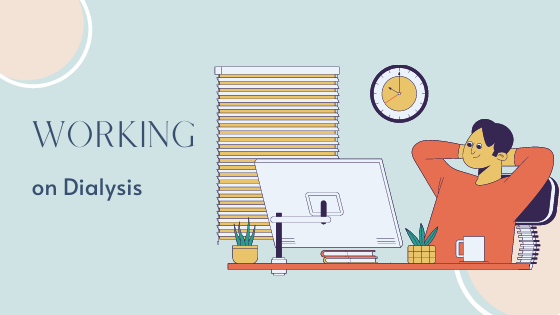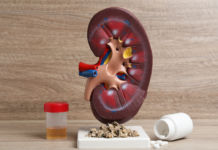*These statements have not been evaluated by the US Food and Drug Administration. This information is not intended to diagnose, treat, cure, or prevent any disease. Always consult with a qualified healthcare professional prior to beginning any diet or exercise program or taking any dietary supplement. The content on our website is for informational and educational purposes only.
Written By: Steve L. Belcher, RN, MSN, MS, DN-CM
If you have recently been diagnosed with kidney failure, you may be wondering or thinking about your future employment. Whether or not should you continue to work, quit, or retire early based on your health condition or how you feel. There’s a lot to think about. However, many patients who undergo kidney dialysis treatment still continue to work full or part-time. In fact, working can have big benefits for your happiness, health, and finances. Many people find that working makes them healthier and happier. For you, this could mean fewer hospital visits, higher income, better insurance coverage, and a better chance of getting a transplant. Most employers may offer benefits that protect your job while you take some time off to recover. If you want to continue working and need time off to feel better, you may want to have a conversation with your employer about the job protection benefits available to you. However, if you’re feeling too ill at the moment, remember that many dialysis patients start to feel much better within a month or two of starting dialysis treatment. In addition, if you talk with your kidney doctor and dialysis clinic, your dialysis schedule can usually be changed to accommodate your work schedule. If you are considering quitting your job, remember that finding a new job in the future may be very difficult. It is a big decision. Don’t feel like you need to make it today. If you aren’t sure about working, here are some things to consider:
- Does your job give you purpose and help you feel accomplished?
- Does your family need the income from your job?
- If you stopped working, how would your income be replaced?
- Do you want a better chance at a transplant?
- Does your family rely on your healthcare benefits?
- Do you just need a little time off to get treatment and see if you feel better?
- Are you still able to do the most important parts of your job, just need a little extra help or support?

If you answered yes to any of these questions, working might be a good decision for you. If you have any questions or concerns, talk with your clinic social worker. Ultimately, this is your choice and no one else’s. Finally, talk with your supervisor and your job’s Human Resources representative. The sooner you chat with them, the more likely they will be to understand your situation and give you options. Don’t wait too long.
About the author
Steven Belcher, RN, MSN, MS, is a dedicated kidney advocate who began his journey 20 years ago as a dialysis nurse. This job inspired him to help as many people with kidney disease as he could. Not only did he spend two decades caring for a patient’s physical and emotional needs in a clinical setting, but he also educated the public on the risk factors of kidney disease. Some of his many philanthropic successes include being a keynote speaker at the National Association of Nephrology Technicians/ Technologists (NANT), presenting at community spaces, and launching radio shows.
He now focuses his time entirely on his organization Urban Kidney Alliance, which educates the public about kidney disease. His goal? To lower rates of Chronic Kidney Disease in urban communities in Baltimore, Maryland, across the country, and globally through education and collaboration.
Steve has also written the book “HOW TO SURVIVE OUTPATIENT HEMODIALYSIS: A GUIDE FOR PATIENTS WITH KIDNEY FAILURE.” You can read the book review here.





